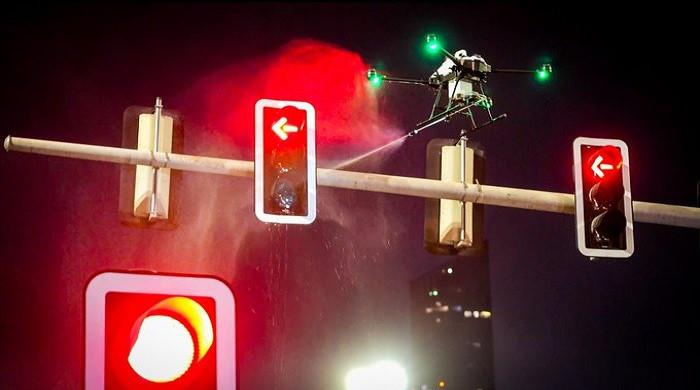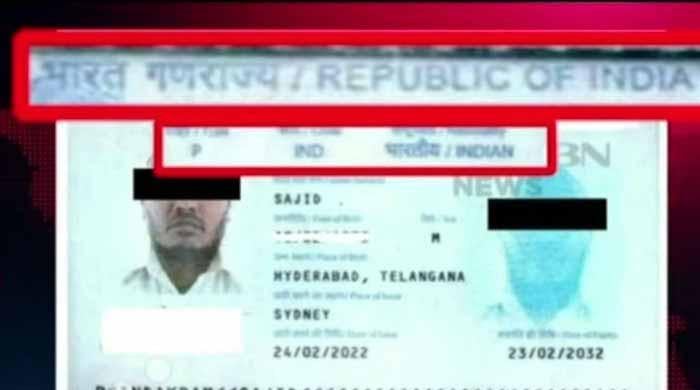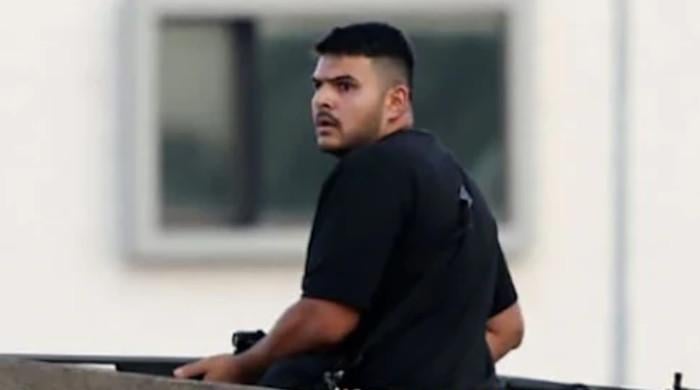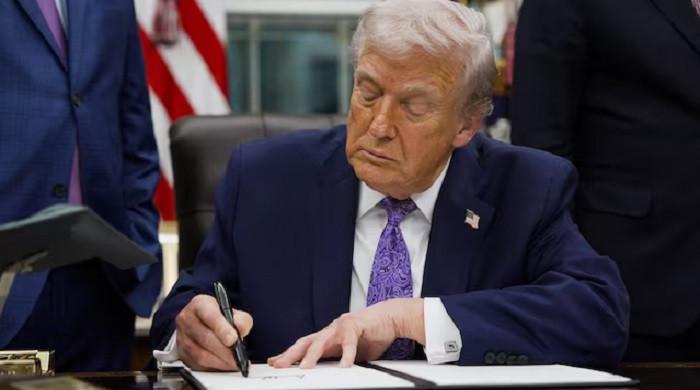Donald Trump secures win in Missouri and Michigan, paves way for Super Tuesday showdown
With Super Tuesday approaching on March 5, Donald Trump's win in Missouri and Michigan caucuses shows him getting closer to getting Republican nomination
March 03, 2024

Former President Donald Trump emerged triumphant in a double-header over the weekend, securing victories in both the Missouri and Michigan Republican caucuses.
The results further bolster Trump's frontrunner status in the race for the GOP presidential nomination, presenting Nikki Haley with an increasingly challenging path.
In Missouri, Trump's win, announced by the Associated Press on Saturday afternoon, solidified his standing in the Republican caucuses. The anticipation of Super Tuesday looms large, with other contests concurrently unfolding, including the Idaho primary and the upcoming District of Columbia's Republican presidential primary.
The Missouri triumph aligns seamlessly with Trump's pattern of victories in previous nominating contests, showcasing the depth of support among Republican voters. As the former president inches closer to the magic 1,215 delegates needed for the nomination, the path seems increasingly assured.
Michigan witnessed a similar story of dominance as Trump prevailed over Haley in all 13 districts participating in the nominating caucuses. The overwhelming 98% support, with 1,575 votes to Haley's 36, cements Trump's position as the clear frontrunner, leaving his last-standing rival facing significant deficits.
Pete Hoekstra, chair of the Michigan Republican Party, lauded Trump's win as "overwhelming" and "dominating," emphasizing the unity within the party. More than 1,600 party insiders participated in the Grand Rapids caucus, choosing delegates for Trump or former U.N. Ambassador Haley for the party's national nominating convention in July.
Despite internal turmoil within the party, Trump's victories in Michigan and Missouri underscore his widespread appeal. The hybrid nominating system in Michigan, split between a primary and a caucus, did not hinder Trump's convincing win on Tuesday and Saturday.
As Trump's delegate count grows with each triumph, Haley faces an uphill battle with only two dozen delegates in her corner. The narrative of her remaining a viable alternative to Trump is becoming increasingly challenging as Super Tuesday approaches.
Nikki Haley's strategy involves highlighting potential distractions posed by Donald Trump's legal challenges, presenting herself as a more focused alternative. However, the momentum generated by Trump's victories in key states, including Iowa, New Hampshire, Nevada, and South Carolina, poses a formidable challenge for Haley.









